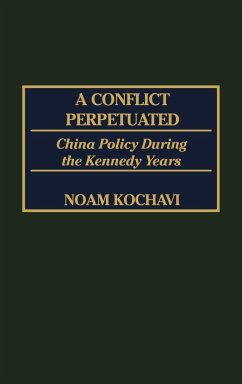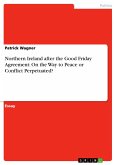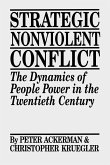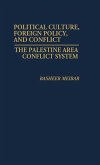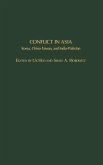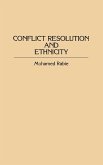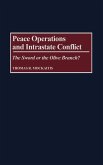The first comprehensive account of China policy during the Kennedy years, this study profiles John F. Kennedy as a man whose inner struggles and disparate characteristics made for an unpredictable foreign policy. While he was often a hostage to the Cold War, to constrictive perceptions of the domestic climate, and to the image of a predatory China, Kennedy recognized Washington's finite capacity to shape events on the China Mainland. With the possible exception of a preventive strike against China's nuclear installations, he was also reluctant to run the risk of a military confrontation with Beijing. On the eve of his assassination, Kennedy may have even contemplated a China policy departure during his second term. A calm appraisal of China's capabilities and intentions constituted the distinguishing feature of revisionist thinking during the Kennedy years. The disjointed revisionist effort settled, in late 1963, on a pedagogic course, which still implied a search for American primacy. The revisionist approach did ultimately facilitate the transformation of bilateral relations in the early 1970s. From a shorter-range perspective, however, the Kennedy era only added fuel to the fire of Sino-American confrontation. The Limited Test Ban Treaty accentuated the sense of encirclement and vulnerability in Beijing's psyche, and clouds gathered ominously over Vietnam. Kennedy does bear some responsibility for the bilateral impasse, as he personified a decisionmaker so obsessed with the objective of deterrence as to overlook the security dilemma: nonetheless, Mao's preference for a radical course, independent of Kennedy's conduct, contributed as well. Neither side was yet ready for a breakthrough.
Hinweis: Dieser Artikel kann nur an eine deutsche Lieferadresse ausgeliefert werden.
Hinweis: Dieser Artikel kann nur an eine deutsche Lieferadresse ausgeliefert werden.

